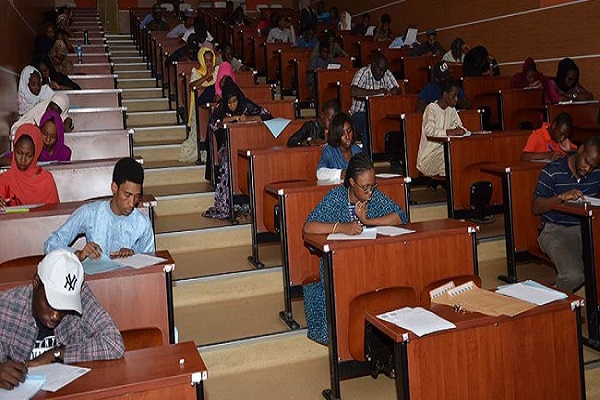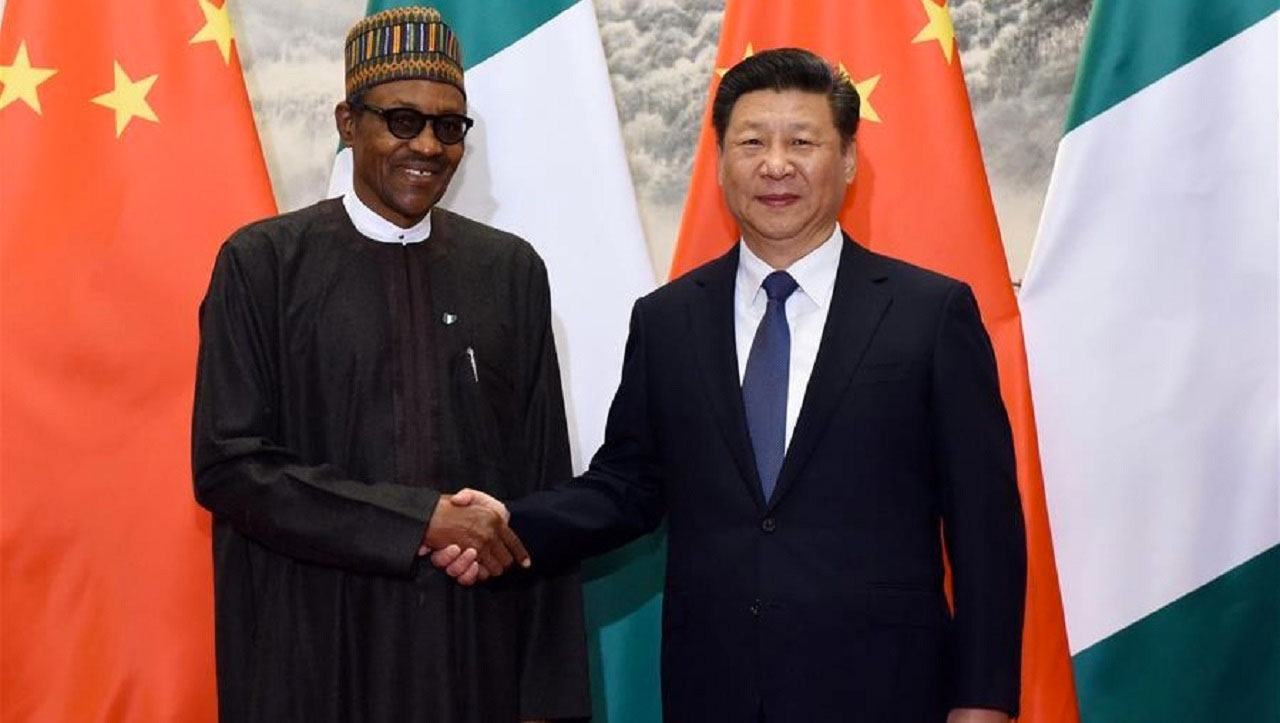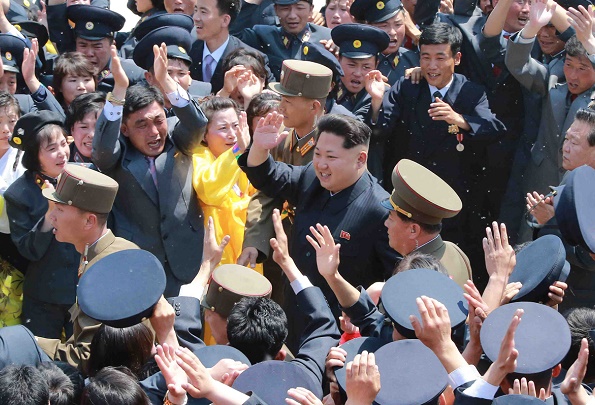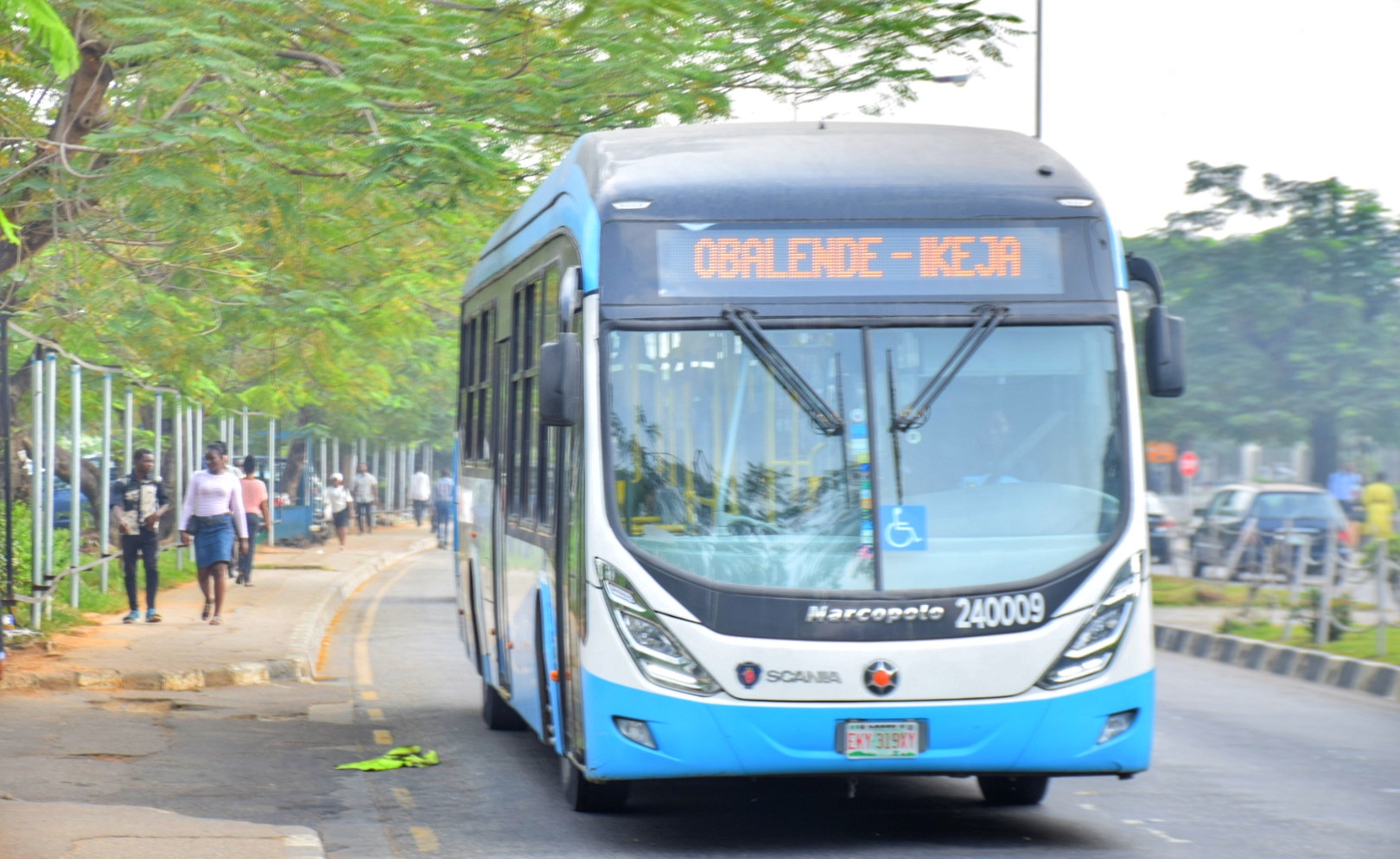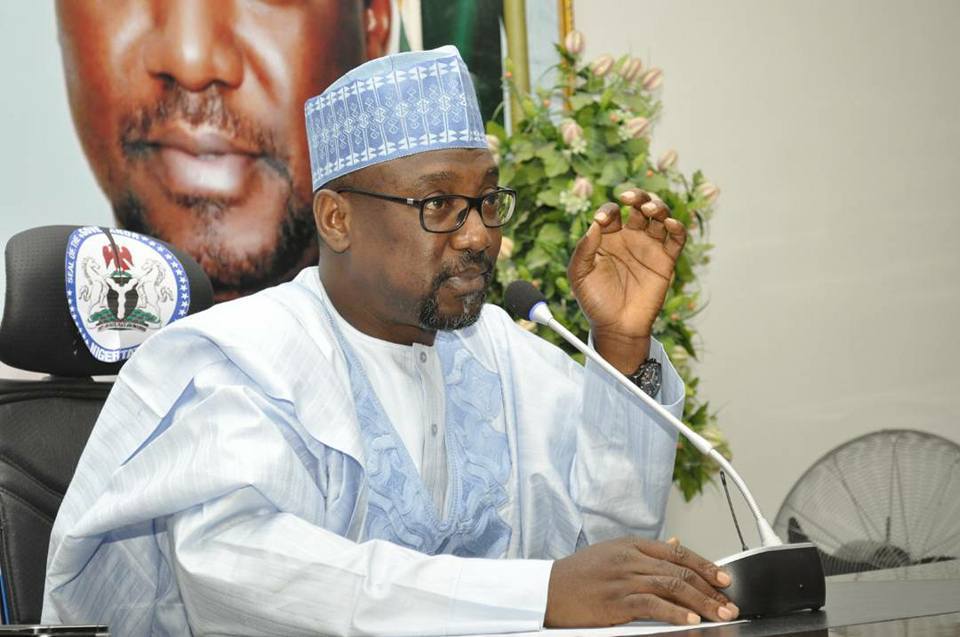BY DIPO AWOJIDE
In March 2020, the Academic Staff Union of Universities (ASUU) embarked on strike action following disagreements with the Federal Government of Nigeria over several issues. Some of these include the lack of adequate funding of universities as well as the implementation of the Integrated Payroll and Personnel Information System (IPPIS). The Integrated Payroll and Personnel Information System (IPPIS) was created in 2007 in the Office of the Accountant General of the Federation (OAGF). In 2019, President Muhammadu Buhari ordered that salaries should be paid only to civil servants on the IPPIS and ASUU opposed the implementation of this order. ASUU went ahead to develop University Transparency and Accountability Solution (UTAS) which is a similar payroll system. ASUU called off this strike action after 9 months.
ASUU had embarked on strike action for 3 months in 2019. And on 4th November 2018, ASUU embarked on a total, comprehensive, and indefinite strike, shutting down most of the Federal and State Universities in Nigeria. ASUU was demanding for proper funding of Federal Universities and by extension, State Universities in Nigeria. They were asking the Federal Government of Nigeria to implement a previous agreement which they both agreed to in 2009.
HOW DID WE GET HERE?
Advertisement
In 1992, ASUU had an agreement with the Federal Government of Nigeria led by former Head of State, General Sani Abacha. ASUU went on strike for 2 months in 1993 and 11 months in 1994.
Fast-forward to 1999. During President Olusegun Obasanjo’s administration, ASUU went on strike for 5 months in 1999, 3 months in 2001, (FGN and ASUU reached an agreement in 2001), 2 weeks in 2002, 6 months in 2003 (JAMB results were a waste because thousands of young people could not process admission in 2003) and a few days in 2005.
Although the Federal Government and ASUU reached an agreement in 2001, this did not end the yearly strikes. So, on 14th December 2006, the former Honourable Minister of Education, Dr. Obiageli Ezekwesili, represented the Federal Government and inaugurated a committee to re-negotiate the 2001 agreement between the Federal Government and the Academic Staff Union of Universities (ASUU). This re-negotiation went on from 2006-2009 and the key areas of discussion between the Federal Government and ASUU included the conditions of service of academics, university funding, and university autonomy. Representatives of the Federal Government and ASUU agreed that there was a need to address the rot in the university system in Nigeria, especially in the areas of infrastructural development and the welfare of academics.
Advertisement
In 2009, an agreement was reached between both parties. This agreement was to put a stop to the incessant strikes by ASUU in Federal and State Universities across Nigeria. While the re-negotiation was on-going, ASUU went on strike in 2006, 2007, 2008, and once again in 2009. Because the agreement reached in 2009 was not implemented in full or to the satisfaction of ASUU, there was 5 months strike in 2010, 3 months strike in 2011, 5 months strike in 2013, and another 1-month strike in 2017. This is a summary of how we got here. This is coupled with the fact that there has been a significant increase in Nigeria’s population leading to an increase in student enrolment across our tertiary institutions in the last 3 decades.
IMPLICATIONS FOR YOUNG NIGERIANS
Embarking on a total and comprehensive strike has been the preferred option used by ASUU after other means such as a warning strike or request for meetings fall on deaf ears. These strikes usually have a negative impact on the academic and career progression of thousands of young Nigerians. This is because a lot of companies only recruit graduates who are less than 26 years. So, a lot of very competent young people miss out on employment opportunities because, by the time they graduate and serve, they are already above 26 years. That aside, these strikes put the dreams of thousands of young people on hold. Sometimes for as long as 6 months. This is very depressing, traumatising, and unfortunate. Other students who may wish to process their academic transcripts to further their studies abroad are also usually delayed by these strikes.
HOW CAN WE PUT AN END TO ASUU STRIKES?
Advertisement
It is not shocking that the last few meetings between ASUU and the Federal Government have not yielded any positive outcomes. A lot of commentators have described the demands made by ASUU as outrageous and unrealistic. Others have urged the Federal Government of Nigeria to return to the negotiating table and meet the demands of ASUU.
Personally, I think the demands made by ASUU per infrastructural development and improving the welfare of academics are very much realistic. The Federal Government of Nigeria should be investing so much more in the education sector. Although sources of funding were recommended in the negotiation between the FGN and ASUU, it does not seem as though these recommendations have been followed through excellently. For example, one of the recommendations is that a minimum of 26% of the annual budget of the State and Federal Governments be allocated to the education sector and at least 50% of the budgeted 26% be allocated to universities. In the last few years, the allocation to the education sector has hovered around 6-7%. Other sources of funding recommended include an Education Tax Fund, Petroleum Technology Development Fund (PTDF), funds from Alumni Association and contributions from the Private Sector. So, the government needs to spend more on the education sector. 7% is not enough and it is a far cry from the 26% recommended by UNESCO.
Having said that, ASUU too must be ready to open its books and be accountable for the current funding they get. Moreover, they need to look inwards for other means of funding needed to meet their needs. Perhaps they might consider raising tuition while the Federal Government needs to establish a student loan scheme for students who cannot afford the new tuition. Importantly, there is a need to restructure the curriculum to promote innovation and entrepreneurship, so we are not churning out graduates who are job seekers but graduates who can explore their creativity and create jobs. This way, a lot of those who take out loans might be able to create jobs, earn a decent income, and pay back the loan they took. We also need to focus more on vocational studies. Most of the jobs of the future in Nigeria are jobs that would not require a university degree.
In the long-term, the Federal Government needs to urgently organise a strategic policy dialogue between the Ministry of Education, Ministry of Labour and Productivity, members of the National Assembly, experienced academics, and education management experts. A key mandate of this policy dialogue should be to find a lasting solution to the incessant strikes by ASUU. There is a need to change the structure of funding of the higher education sector in Nigeria. We cannot do the same thing for years and expect different results. If the Federal Government cannot continue funding these universities, then, they should hands-off and let the universities fund themselves while the government only gives them grants and other forms of financial support from time to time. I mean, there is an urgent need to implement full autonomy of these universities as practiced in other progressive countries. The federal government and state governments also need to invest in creating a reliable and sustainable education database to improve planning and management. Until some of these suggested solutions are considered and implemented, we might need to brace up for more strike actions from ASUU in the future.
Advertisement
Views expressed by contributors are strictly personal and not of TheCable.
